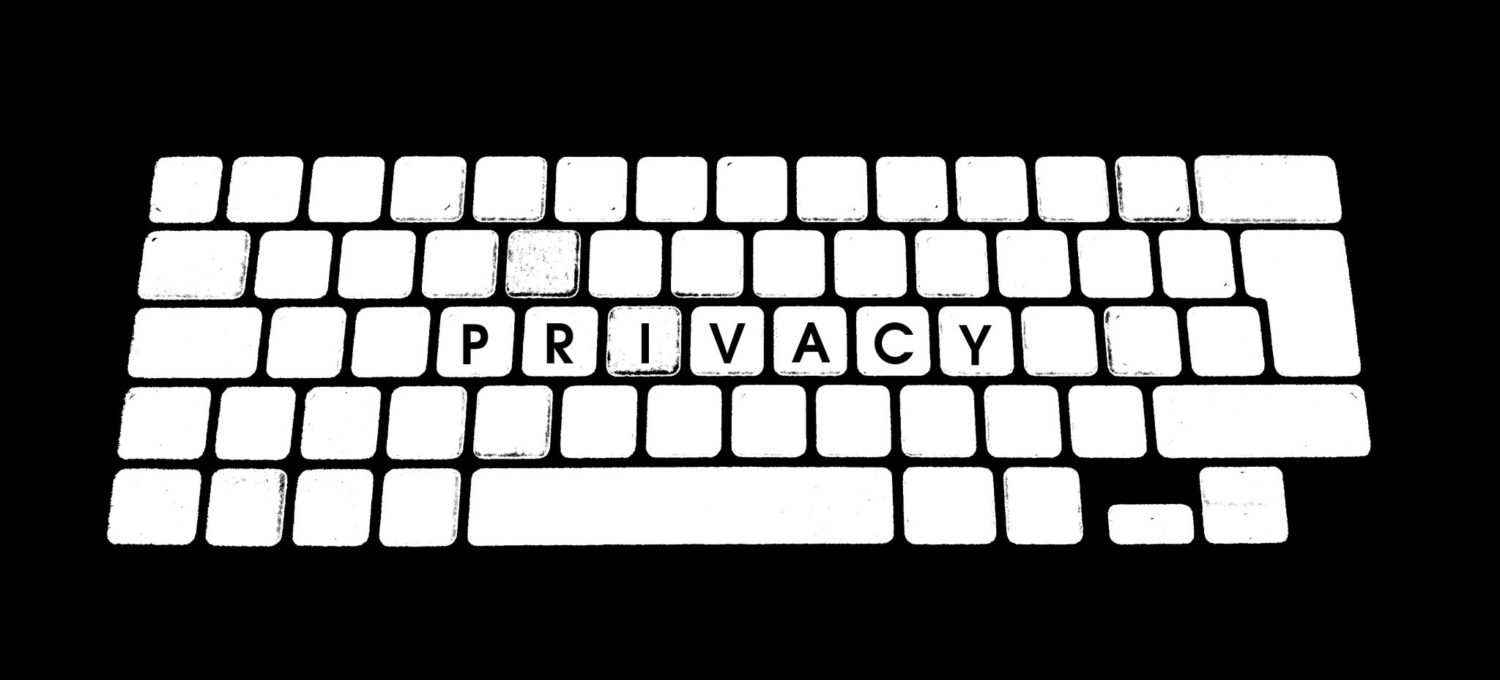The recent headline stories about the million ways Facebook has lost or otherwise mishandled everyone’s personal data could have a silver lining – making people pay more attention what data they share with online companies and how those firms manage it.
It’s long been true that there is no such thing as a free service, and what is now very apparent is that if you are not directly paying for Facebook, Google, LinkedIn, or others, then you are the product that these companies are selling to advertisers – their real clients.
How each company packages and sells your data to advertisers varies drastically from the terrifyingly personal (Facebook) to the more aggregated and generalised, but at this point no-one should be under any illusions that who they are and what they do online is being sold wholesale to anyone who wants to buy. Whilst we may not be too concerned that the fact we are in the market for a new phone is sold to advertisers, so ads for the new iPhone follow us around the web like a shadow, but what about politics? Cambridge Analytica may be selling snake oil, but the theory of what they were working on is accurate – the more you know about a person’s beliefs, needs, and desires, the better they can be exploited by political groups for their own ends – whether that is electing a new president or voting for Brexit.
People share a lot of personal information about themselves on social media sites like Facebook and Snapchat, and that data is hugely valuable to advertisers who are always looking to better target their ads. Google has built a billion dollar empire out of the value of people’s searches, which clearly demonstrate an interest in a product or service, and selling that to advertisers. It is hugely important that these companies securely store your information and don’t let such targeted information leak out online or get resold without permission, but what about companies that store more than just profiling data? What about cloud storage firms that hold all types of your data from your photographs to your income receipts?
Cloud storage has been a hugely useful invention, giving users the ability to store their data in the ether, where it is always backed up and available to access from each of their ever-growing number of connected devices. Dropbox was the company that made the technology go mainstream, but they have competition from Google (Google Drive), Amazon (Cloud Drive), Microsoft (OneDrive), Apple (iCloud), Box, and dozens of other smaller independent firms.
Thankfully, none of these firms have made the choice to sell even meta data on the files stored with their services, and with strong encryption becoming the standard such a move would become near impossible. A comparison of the terms of service from a number of the leading firms by the Verge showed that each took the storage of your data seriously and made no plans to do more with it than let you access it whenever you choose. Microsoft is probably the most explicit, when it says “We do not use what you say in email, chat, video calls or voicemail, or your documents, photos or other personal files to target advertising to you.”
Whilst your private files stored in the cloud may not be used to target advertising, the fact they are not under your personal control means that they are much more easily accessed by law enforcement or government agencies than a backup stored at home. Rebecca Jeschke, Electronic Frontier Foundation’s media relations director and digital rights analyst told Wired during a discussion on the topic of cloud storage back in 2012 that it is not what Google et al might do with your files that is cause for concern, but who Google might be compelled to share your files with. Files stored in the cloud can still be easily lost or subpoenaed without the users’ knowledge, she noted.
The internet has grown so large and so quickly over the last two decades that the law has not had a chance to catch up. Privacy laws in particular have been left behind, and cloud storage is a great example of how much work still needs to be done to determine exactly what is and what is not personal information under your control in our connected digital world.

